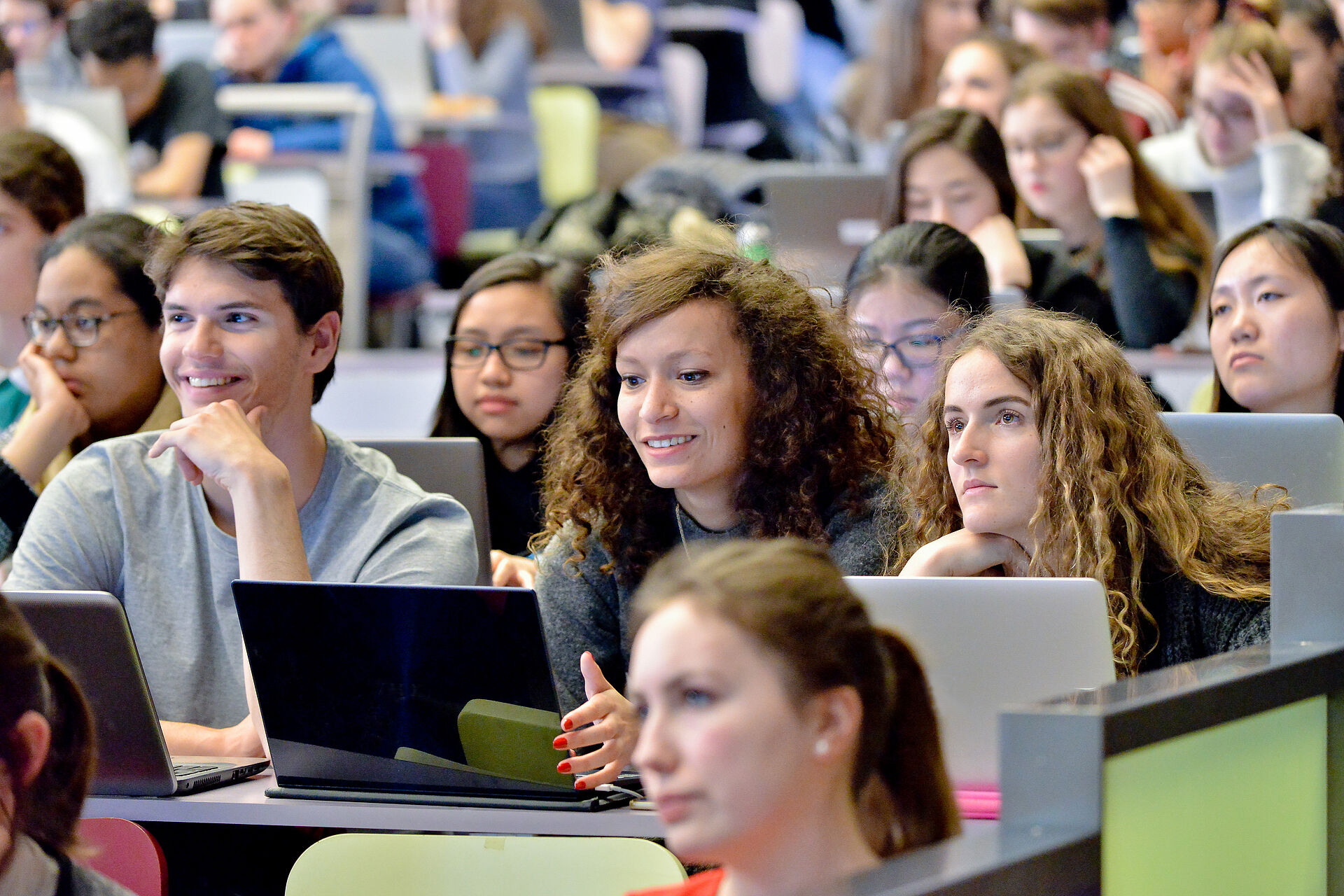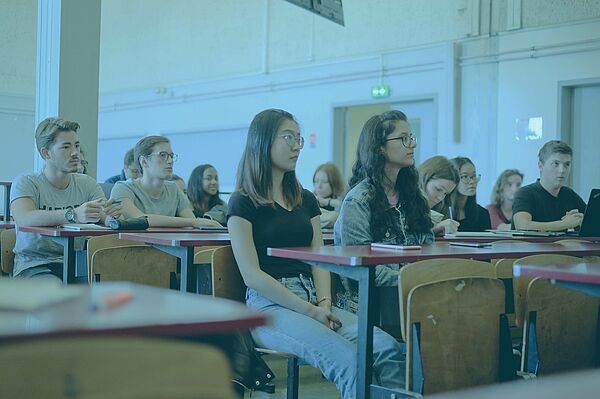Program Objectives
The Quantitative Economic Analysis track offers excellent training in economic research, which enables students to analyze a broad range of contemporary economic issues in depth. Specifically, you will choose one field of specialization among three possible ones : Social and Public policies, Macroeconomics, Finance& Trade or Economic Theory. Throughout the various courses, you will address the complexity of economic issues in your field; you will also learn how to select and use the appropriate statistical and econometric tools to answer economic questions. Through the writing of the Master thesis, you will have the opportunity to propose your own contribution on a given issue. This training will allow you to pursue a doctoral program or embrace a career as a professional economist in the public, semi-public, or private sector, in France or abroad.
Skills acquired :
- Tackle pressing global issues across various areas, including health, public policy, macroeconomics, finance, energy, the environment, and economic development.
- Address complex economic issues by identifying and modeling the specific attributes of public and private stakeholders involved, as well as the challenges they pose for economic policy design.
- Select the appropriate statistical and econometric tools and apply them to obtain reliable and robust answers to an economic problem in the public or private sector.
- Contribute to groundbreaking scientific research in the field of economics.
- Effectively convey economic, statistical, and econometric findings to various audiences through both oral and written communication.
When you enroll in a Master's program, you also join Université PSL. Ranked in the top 50 universities in the world (THE and QS), PSL offers excellent graduate programs at the Master's and PhD level, which benefit from the scientific capabilities of its member institutions. The degree is prepared at Université Paris Dauphine-PSL and awarded by Université PSL.

- Types of education
- Initial training
- Language(s)
- English
- ECTS Credits
- 60 credits
- Internship
- Optional Internship
- Capacity
- 30
- Type of Diploma
- Diploma from a major institution conferring the Master's degree
- Academic Year
- 2025/2026
The Master in Quantitative Economics allows interested students to acquire the Certificate in Advanced Quantitative Methods in Economics of the PSL Graduate Program in Economics.
The AQME certificate is based on a 2-year training (M1 Quantitative Economics -M2 Quantitative Economic Analysis) for students who plan to pursue their PhD. The theoretical part consists on validating courses and applications focused on advanced quantitative methods in economics. All certificate courses are included in the Master in Quantitative Economics. Obtaining the AQME certificate also asks for a research internship in a research center attached to a university, an international organization, or an administration in M1 or M2. The objective is to allow interested students to have a first experience in a research environment as early as the Master’s degree.
Contacts
Lise Patureau
Professor
Director of the 2nd year of the Master's degree
Christelle LAMSA POUMIE
Training assistant
After Dauphine
Employability Indicators After Graduation - Survey Conducted in Collaboration with CGE
job hunting's average duration
Professional integration rate
Median salary

The challenges of the ecological and social transition in the Master's degree programs
Several courses and tools are offered to students in the Master’s program, regardless of their specialization
- “Ecological Transition and Social Responsibility” Certificate
- “Dauphine Durable” SPOC A common base of knowledge in the areas of ethics, social responsibility and sustainable development. It tackles the basics of CSR: control, human resources, finance, marketing, strategy, climate issues and the environmental transition.
- “Managing SDGs” SPOC A unique learning experience in which students from multiple countries work together on real-life case studies.
- Virtual University of the Environment and Sustainable Development At PSL, Dauphine is a founding member of Université Virtuelle Environnement et Développement durable (Virtual University of the Environment and Sustainable Development), which allows it to provide its students with a set of resources and MOOCs.


